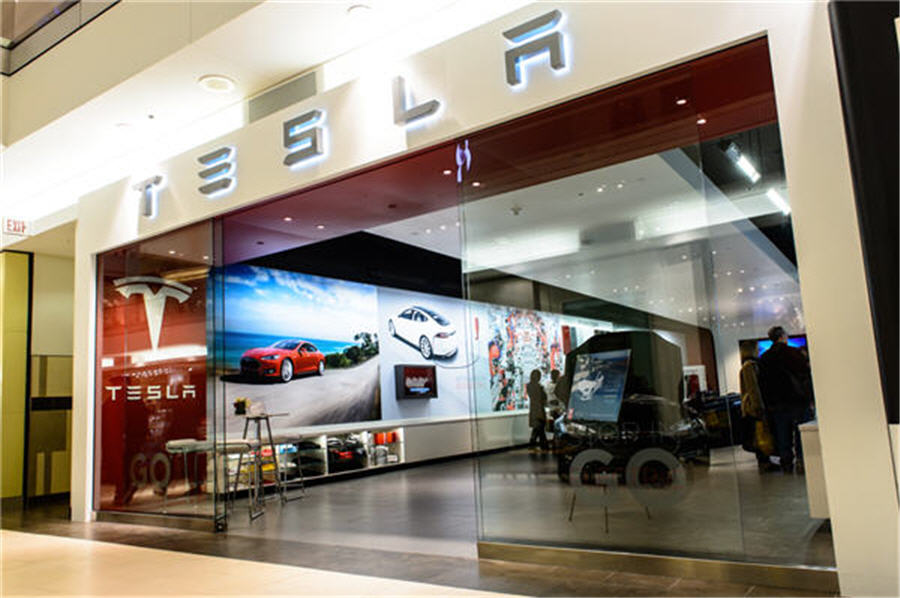Outside of Tesla, future EV sales in US may be thin for most brands

U.S. demand for electric vehicles, including hybrids, could rise to 1.28 million by 2026, a new study projected on Wednesday, but most brands will struggle to make money on the new models.
Research firm IHS Markit forecasts that more than 130 models in the U.S. market, from 43 brands, will offer electrified propulsion systems, either pure battery electric or hybrid gasoline-electric.
But two-thirds of those sales will be registered by the top 10 brands, dominated by segment leader Tesla which will take up more than a quarter of those sales, according to IHS automotive analyst Stephanie Brinley.
The remaining brands will account for an estimated 392,000 units, an average of just 11,900 cars per brand, she said.
Tesla, which delivered 240,000 EVs to global customers last year and expects to sell 360,000 to 400,000 this year, will continue to dominate the market in 2026, IHS Markit predicts
“In the near-term, EV competition will be extremely high,” Brinley said. “Increased choice and availability will drive sales growth, but the number of vehicle introductions is initially outpacing demand for the electric propulsion option.”
The market for EVs is growing fast, IHS Markit projected.
In 2026, 48 brands will sell a total of 16.8 million vehicles (including EVs), which works out to an average of 350,000 sales per brand in the overall market.
Pure electric and hybrid vehicles will account for 7.6% of those sales, compared with only 1.2% in 2018.
Tesla was the No. 20 brand in overall U.S. sales last year, according to trade publication Automotive News. But new competition is coming from a gaggle of global automakers, notably Volkswagen AG, Daimler AG, General Motors Co and Ford Motor Co.
Tesla, which delivered 240,000 EVs to global customers last year and expects to sell 360,000 to 400,000 this year, will continue to dominate the market in 2026, IHS Markit predicts, with average sales of other brands at about 25,000 units each.
But even Tesla has struggled to make money for most of its nine years as a public company. It reported a first-quarter loss of more than $700 million on sales of 63,000 vehicles. Shares were down at $188.10 in mid-day trade Wednesday.
Much of the industry’s planned $300 billion investment in electric vehicles and batteries over the next decade is targeted at China, which is projecting EV and plug-in hybrid sales in 2025 of at least 5 million, or up to 20% of total vehicle sales.
The structure of the EV market in the United States is not unlike the broader market, just on a smaller scale. Last year, the top 10 brands in the United States accounted for nearly three-quarters of the 17.3 million vehicles sold, according to Automotive News.
(By Paul Lienert; Editing by Sonya Hepinstall)
{{ commodity.name }}
{{ post.title }}
{{ post.date }}




Comments